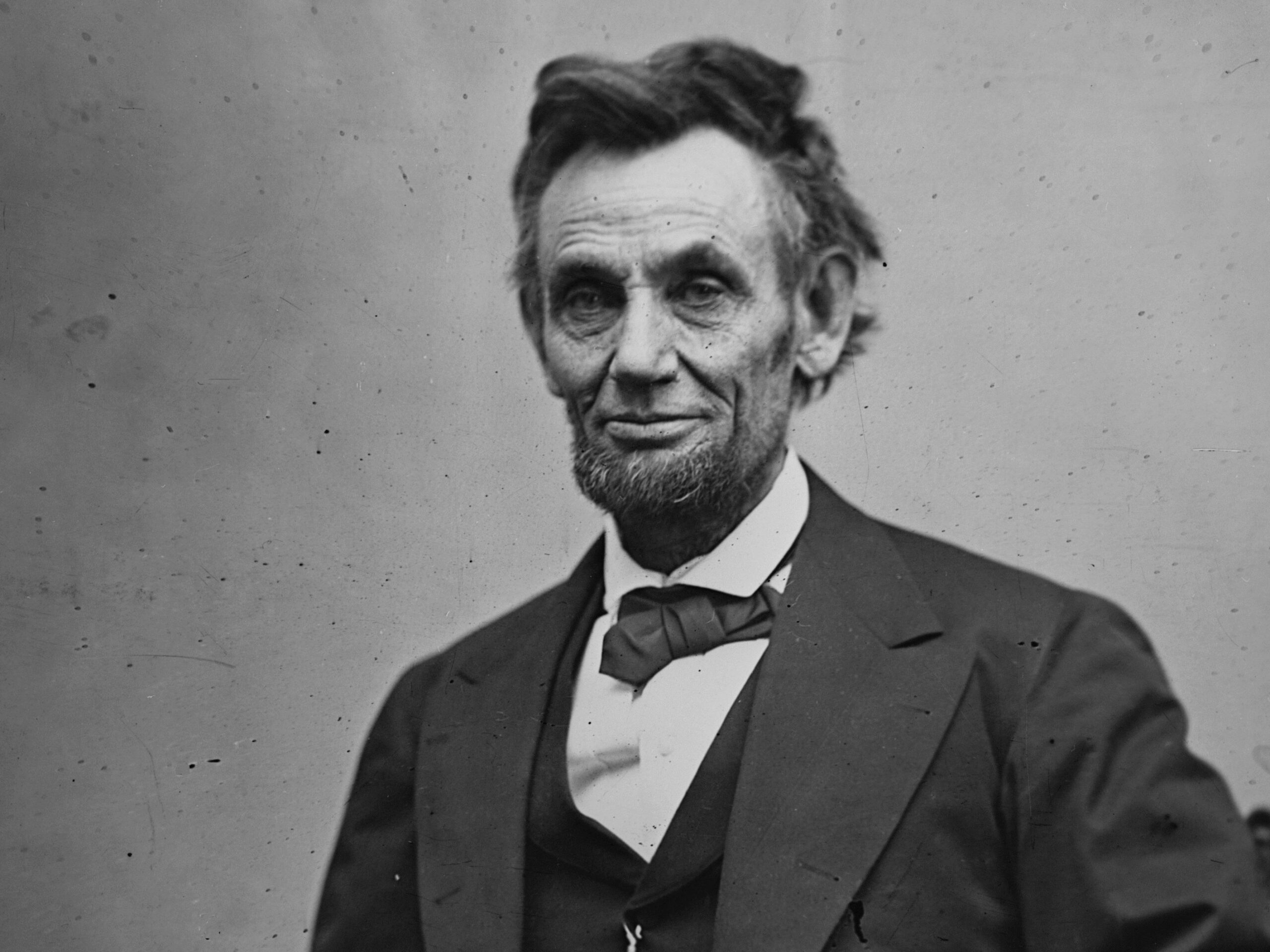“With the fearful strain that is on me night and day, If I did not laugh I should die.”
—Abraham Lincoln, 16th President of the United States

Abraham Lincoln, February 1865. Alexander Gardner/Library of Congress
Honest Abe, The Rail-Splitter, and The Great Emancipator were three nicknames given to Abraham Lincoln, the 16th President of the United States.
He is best known for his efforts to preserve the Union during the Civil War, and brought about the emancipation of enslaved people.
Unknown to many, Lincoln fought clinical depression all of his life, and if he were alive today, his condition would most likely be treated as a “character issue” and a finite political liability. Many believe that his own internal battle with many personal and political strains gave him the extraordinary character and will to accomplish all that he did.
EXERCISE:
Where and how does laughter and a sense of humor help you navigate your own fearful strains and rough seas of life?
How, like Lincoln, can you bring more of this essential resource into your own life, to help you achieve your own fullest potential?



